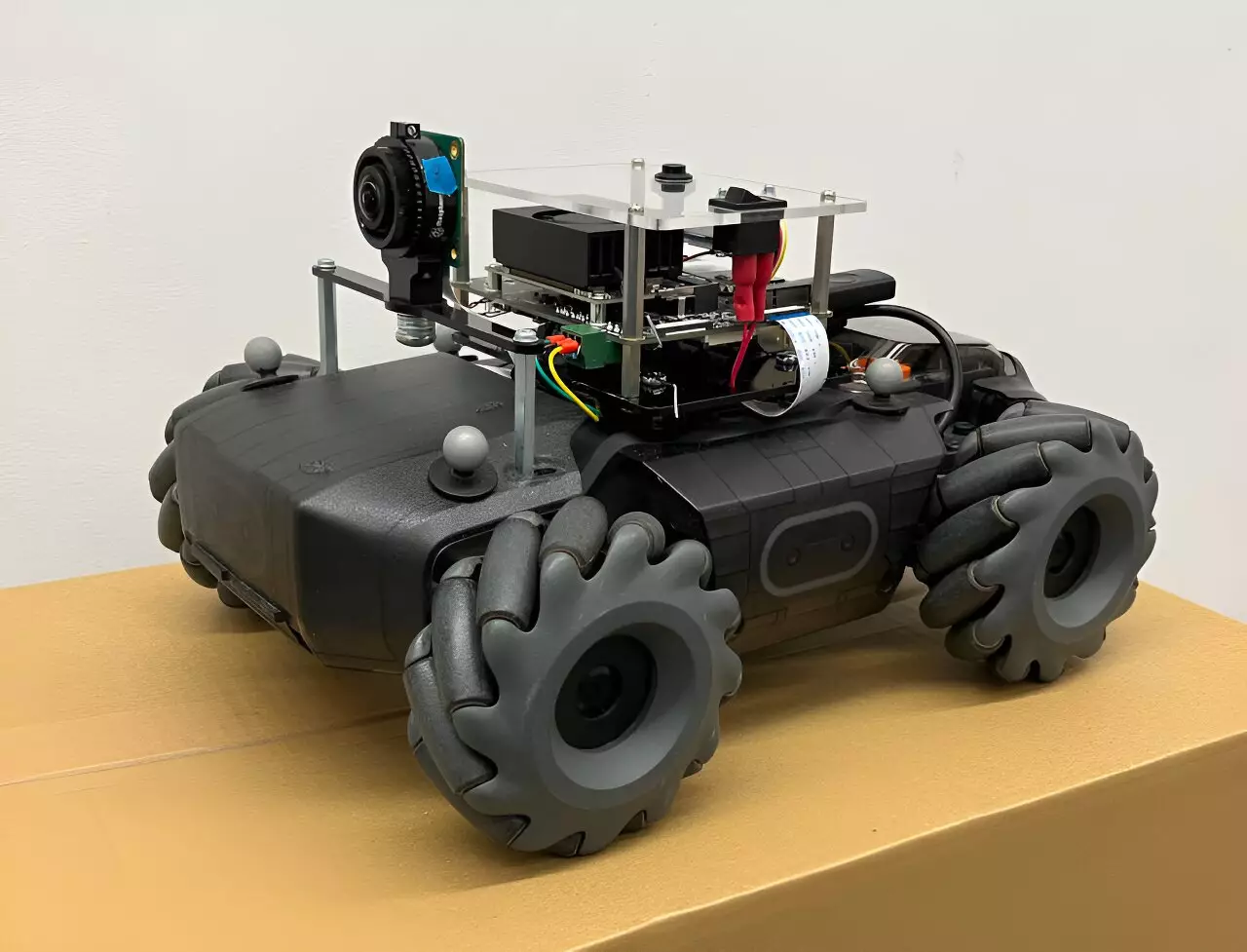In the world of robotics, the use of teams of robots has been shown to have numerous advantages over individual robots. These advantages include the ability to cover long distances faster, visit multiple sites simultaneously, and monitor larger geographical areas. Platforms that combine reliable hardware and software for multi-robot applications have the potential to advance research in this field and facilitate testing in specific real-world settings. Recently, researchers at the University of Cambridge introduced the Cambridge RoboMaster, a platform designed for multi-robot research.
The Development of Cambridge RoboMaster
The Cambridge RoboMaster platform was developed by a team led by Amanda Prorok, with the goal of developing solutions for collective intelligence in multi-robot and multi-agent systems. To achieve this, the team decided to use customized versions of DJI RoboMaster S1 robots, which provided a solid foundation for their research. Over the course of three years, the team continuously improved and iterated on the platform, adding more capable computers, sensors, and control software to enhance its capabilities.
One of the key features of the Cambridge RoboMaster platform is its balance between robot size and capabilities. The customized DJU RoboMaster S1 robots used in the platform are cost-effective and agile, making them suitable for testing algorithms for multi-robot missions. The platform includes a control stack for full on-board autonomy, peer-to-peer communication, and the ability to run multi-agent reinforcement learning policies directly from a simulation framework. Additionally, the platform is designed to be accessible for researchers, with a price tag of around $700.
The Cambridge RoboMaster platform has a wide range of applications in research and academia. Universities and robotics labs worldwide can integrate the platform into their experimental work to test algorithms for multi-robot missions. The platform has been used to test power-efficient navigation in both indoor and outdoor environments, demonstrating its versatility. While not intended for real-world use, the platform serves as an ideal proxy for testing algorithms applicable in multi-agent navigation, relevant to domains such as warehouse automation and logistics.
Looking ahead, the researchers behind the Cambridge RoboMaster platform have exciting plans to use the platform in a variety of projects. Currently, the team is focused on improving on-board sensing, decentralized communication, and control. They are also exploring how the platform can be used as a bridge for deploying research to drones. By continuing to enhance and expand the capabilities of the platform, the researchers aim to push the limits of multi-robot and multi-agent systems research.
The Cambridge RoboMaster platform represents a significant advancement in the field of multi-robot research. Its combination of affordability, advanced capabilities, and versatility make it an ideal tool for a wide range of research demonstrations and practical applications. As research groups worldwide start to experiment with the platform, new insights and innovations in multi-robot applications are sure to emerge.


Leave a Reply